Critical Incident Response
This is the phone number for a critical incident response only and goes direct to PeopleSense by Altius.
For Altius Group general enquires, please contact us or call us at 1800 258 487 during business hours.
If you would like to proceed with this call, please click on the button below.
Our safety consultants provide a range of WHS training courses aiming to minimise risk in the workplace and empower staff. The WHS/OHS training programs are fully customised to suit the individual safety needs of your organisation. Our safety courses and training programs cover a range of workplace health and safety areas, including:
Facilitated by WHS/OHS specialists and allied health professionals, our WHS training includes:
- Due diligence training
- Site inspection training
- Incident investigation training
- WHS committee training
- WHS awareness
- WHS risk management
- Bullying and harassment awareness
- Ergonomic assessment training
- AltiusWHS Compliance Management Software training
- Manual task training
- Resilience training
- Workplace ergonomics training
Due Diligence Training
Designed to provide an overview of the latest WHS legislation and responsibilities to make sure your business is meeting its statutory obligations.
Workplace Inspection Training
Workplace inspections help prevent work-related injury and illness and are an important part of an organisation’s workplace safety management system. They are an important tool to help prevent risk. Inspections are usually carried out by WHS representatives within organisations or WHS practitioners, such as our consultants.
Our inspection training covers:
- tailoring a checklist specific to the hazards of your workplace.
- important considerations while carrying out an inspection.
- following through on findings of the inspection
Incident Investigation Training
Investigating incidents to prevent reoccurrence is an important part of a WHS Management System. We explore:
- the team approach to investigations
- investigation procedures and what to look for: Events leading up to the incident, facts of the incident itself, facts regarding what occurred immediately after the incident, following up on investigation findings and facts regarding essential factors of the case.
We help train the investigator to ensure incidents are accurately recorded, running through the Who, What, When, Why, Where and How prompts to help gather key information.
WHS Committee Training
We train safety committee members, managers, supervisors and others with safety responsibilities on a range of WHS requirements covering such topics as risk management, incident investigation, risk prevention training and WHS legal compliance.
Altius WHS Compliance Management Software Training
We carry out onboarding training to ensure you’re able to enjoy the most efficiencies from the software and to help you to get started with automating your WHS Management System.
WHS Risk Management Safety Training
We train those responsible for WHS to carry out workplace risk assessments so that they are able to identify hazards
and assess risk, so that these risks can be controlled. We also cover how to continually check, and improve on, the effectiveness of such control measures over time. We cover:
- How to demonstrate due diligence within your organisation.
- Conducting an on-site risk assessment.
- Valuing employee input.
- Identifying any sources or processes causing risk.
- Reporting on how urgently action should be taken to control the risk.
- Risk elimination/minimisation strategies.
Training to Minimise Physical Risk
We create training programs to mitigate risks specific to each work environment. Where one workplace may eliminate lower back injury through ergonomics training, due to seated postures, another may require manual task training.
Here’s 2 examples of the training we can provide to employees to help them to adopt a proactive approach to their safety:
Workplace Ergonomics Training: Our Workplace Ergonomics Training arms employees with the information they need to create a better match between themselves, the work they perform and the equipment they use. Tailored to the ergonomic needs unique to each workplace, this training aims to boost health, minimise the risk of injuries common to a workplace, boost productivity and morale and decrease staff turnover and absenteeism. Designed and presented by our team of physiotherapists, occupational therapists and exercise physiologists, our training aims to foster an ergonomics ethos at all levels of an organisation.
For example, our workplace ergonomics for the office environment training:
Educates employees on power positions - the optimal positions in which to complete tasks.
- Covers safe work postures, appropriate working angles of the upper limbs, sitting positions, viewing angles and optimal workstation layout.
- Provides guidance on how to make basic ergonomic adjustments to workstations.
- Explores the duration of work, balancing the physical and mental demands of tasks, the importance of stretch breaks and regular posture variation.
- Examines ergonomics principles and how they apply to individual working arrangements such as hot desking.
- Discusses the benefits of standing as well as the advantages, disadvantages and management of standing desks.
- Trains employees involved in lifting, pushing, pulling and carrying as part of their work on correct manual task handling - focusing on correct postures, positioning and breathing.
- Allows time for discussion on ergonomic issues specific to each workplace.
Manual Task Training: Our allied health professionals deliver Manual Task Training Workshops to a range of organisations nationally. As work varies greatly, our allied health professionals take time to assess the physical demands unique to each role and each workplace. Training is then tailored to cover the impact of duties specific to each work situation, with particular attention paid to impacts on employee musculoskeletal functioning.
Training to Minimise Psychological Risk
We tailor training, led by PeopleSense by Altius psychologists, to the specific mental health needs of a workplace. We run sessions on Bullying and Harassment Awareness, Workplace Wellbeing and Resilience Training.
FAQs
When should WHS training be conducted?
WHS training creates a safety culture and supports employee morale in workplaces small and large. Training that pays attention to preventing risks that are particular to a workplace is essential and that is why our workplace training is tailored to suit the needs of a workplace.
WHS training should be included as part of employee onboarding processes as well as regularly to all employees to reinforce WHS practices and procedures.
Training should be adapted and carried out if there are any changes to the work environment, new risks or hazards are identified, or there are changes to the way in which work is carried out. Changes in WHS legislation or to the management of your safety system may call for specialist WHS training.
An Altius Group WHS consultant is able to advise and recommend the types and frequency of training to deliver to keep your employees safe and well.
How would you identify WHS training needs in your workplace?
A comprehensive Safety Management System will help you keep a track of the training needs of your workplace. This safety framework should:
- Record a list of training provided to keep each employee safe
- Include a log of employee training that has taken place
- Record a list of training and certification required for WHS officers / managers to remain compliant to WHS legislation and include a log of when this training has taken place
- Provide a means of capturing employee feedback on any gaps in safety knowledge or improvements to be made in this area
- Schedule future training to improve any WHS knowledge gaps
Conversations with employees and learnings from incident reports will also be a valuable source of information to guide training.




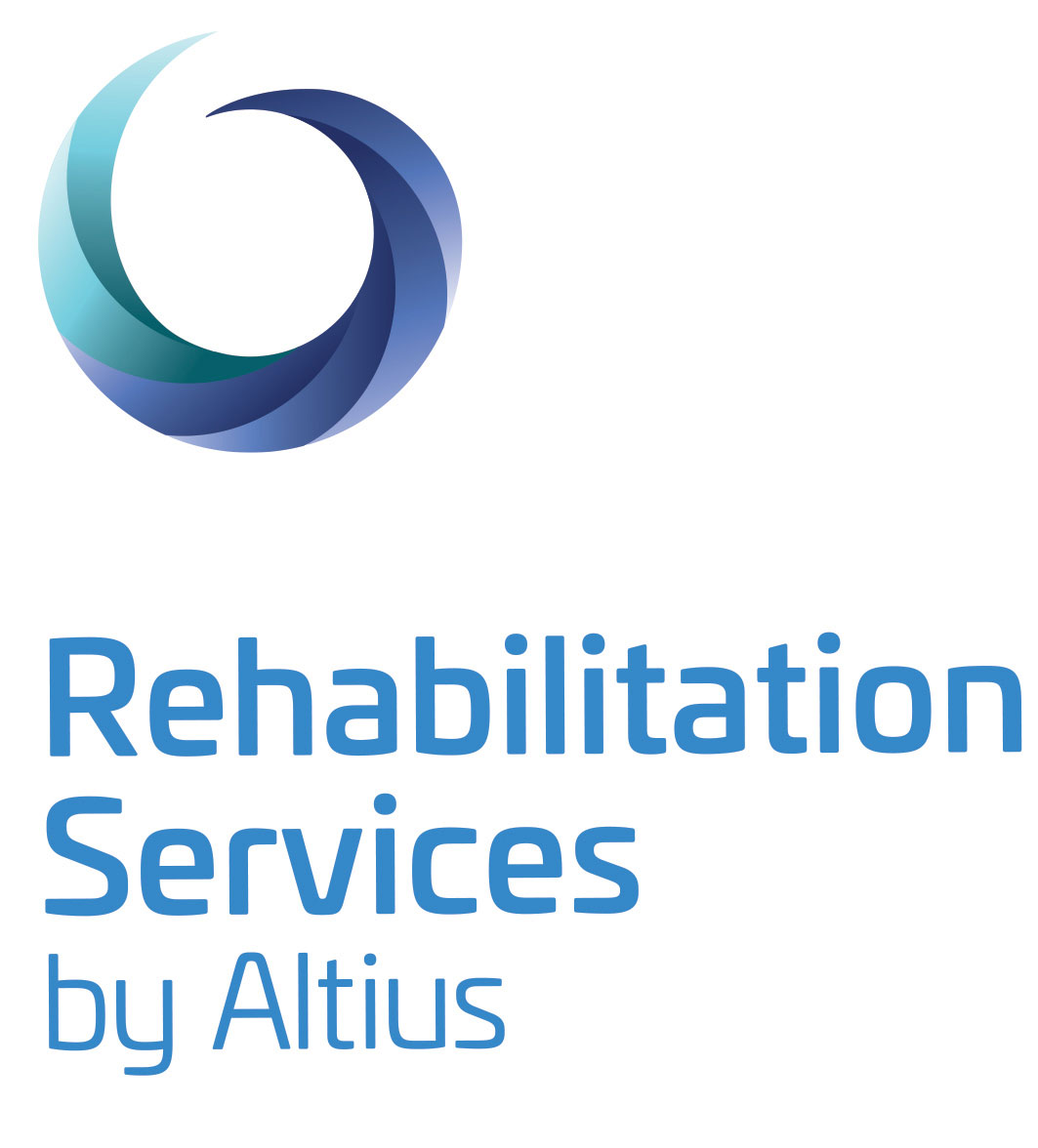
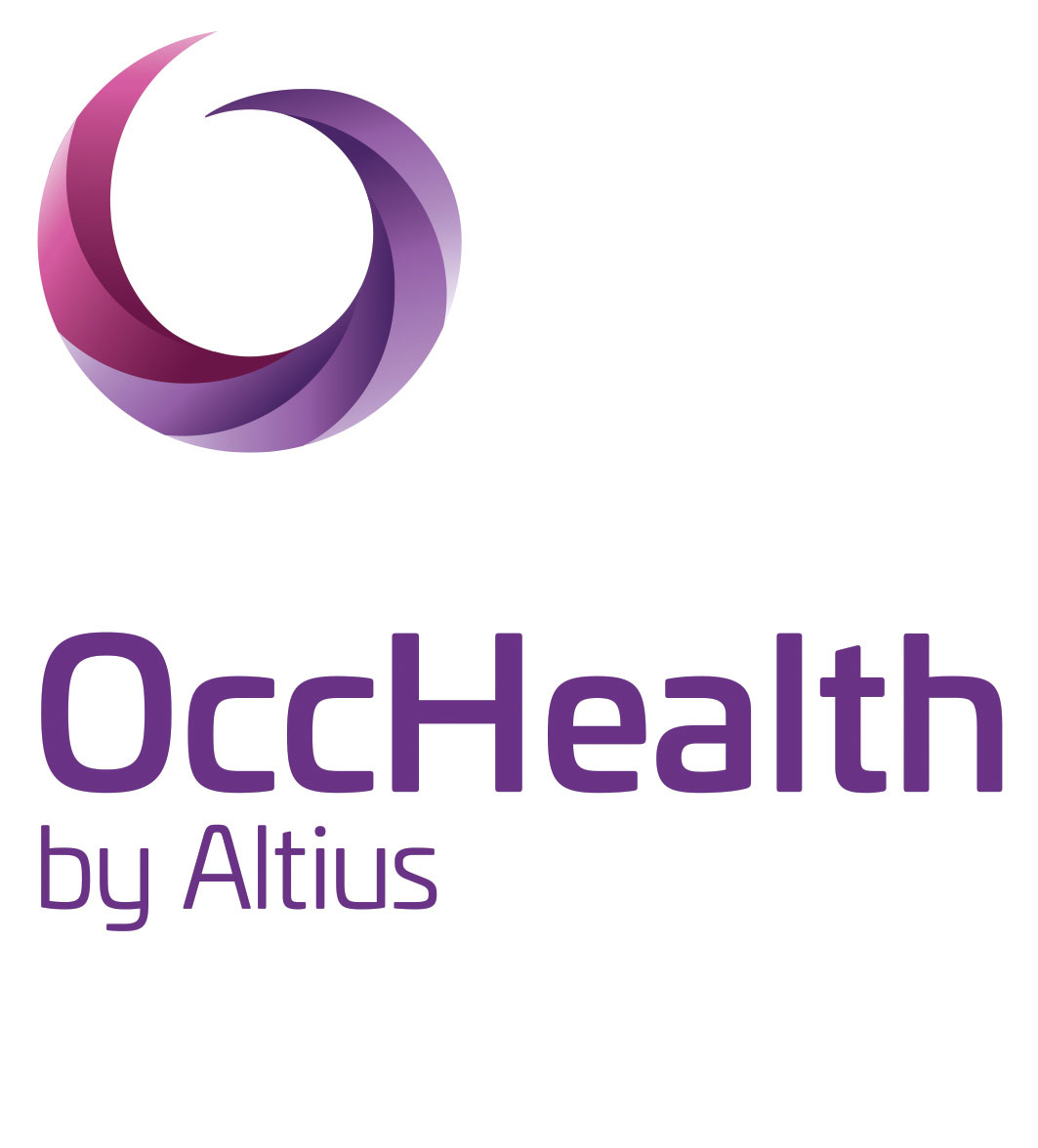
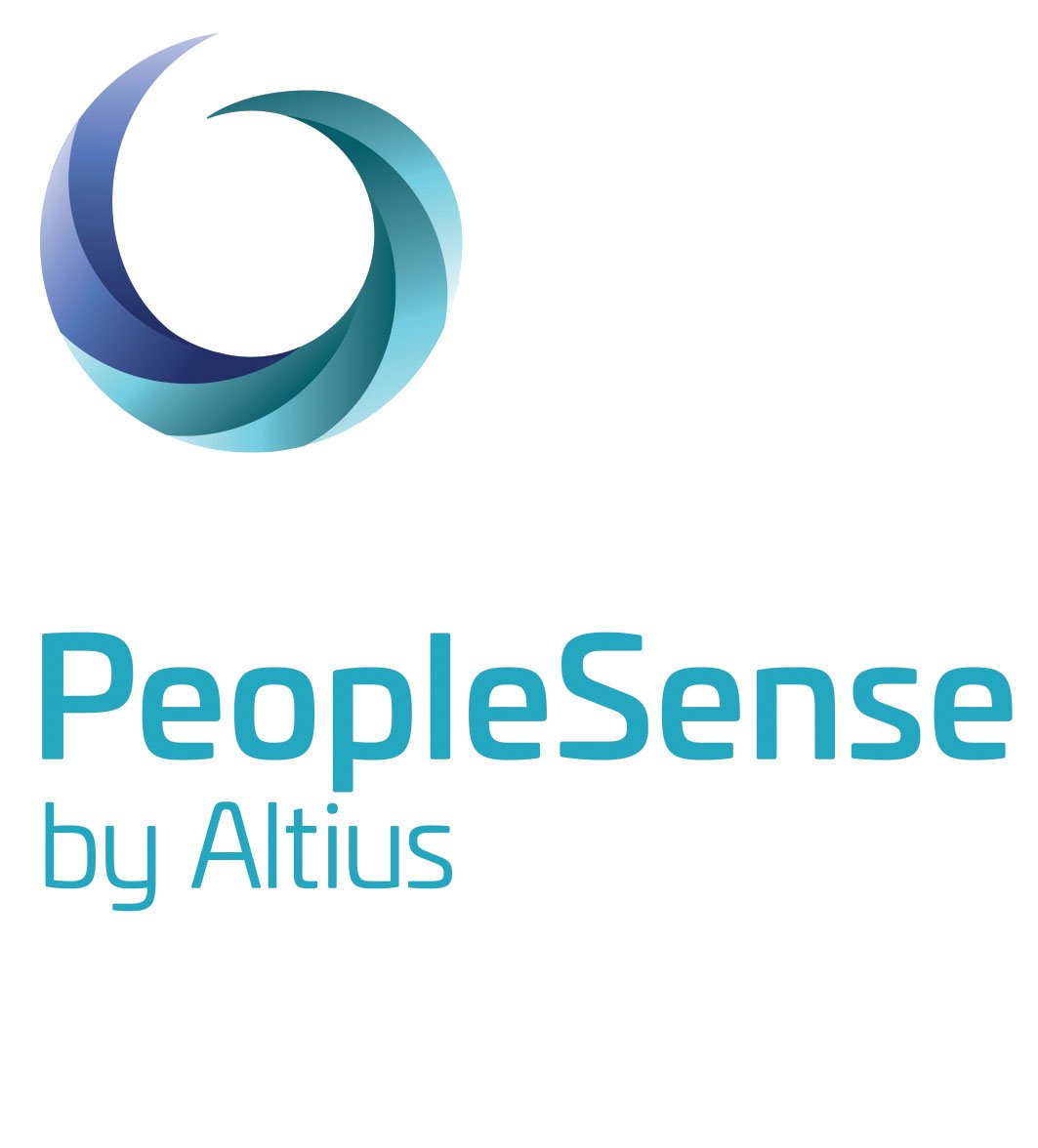
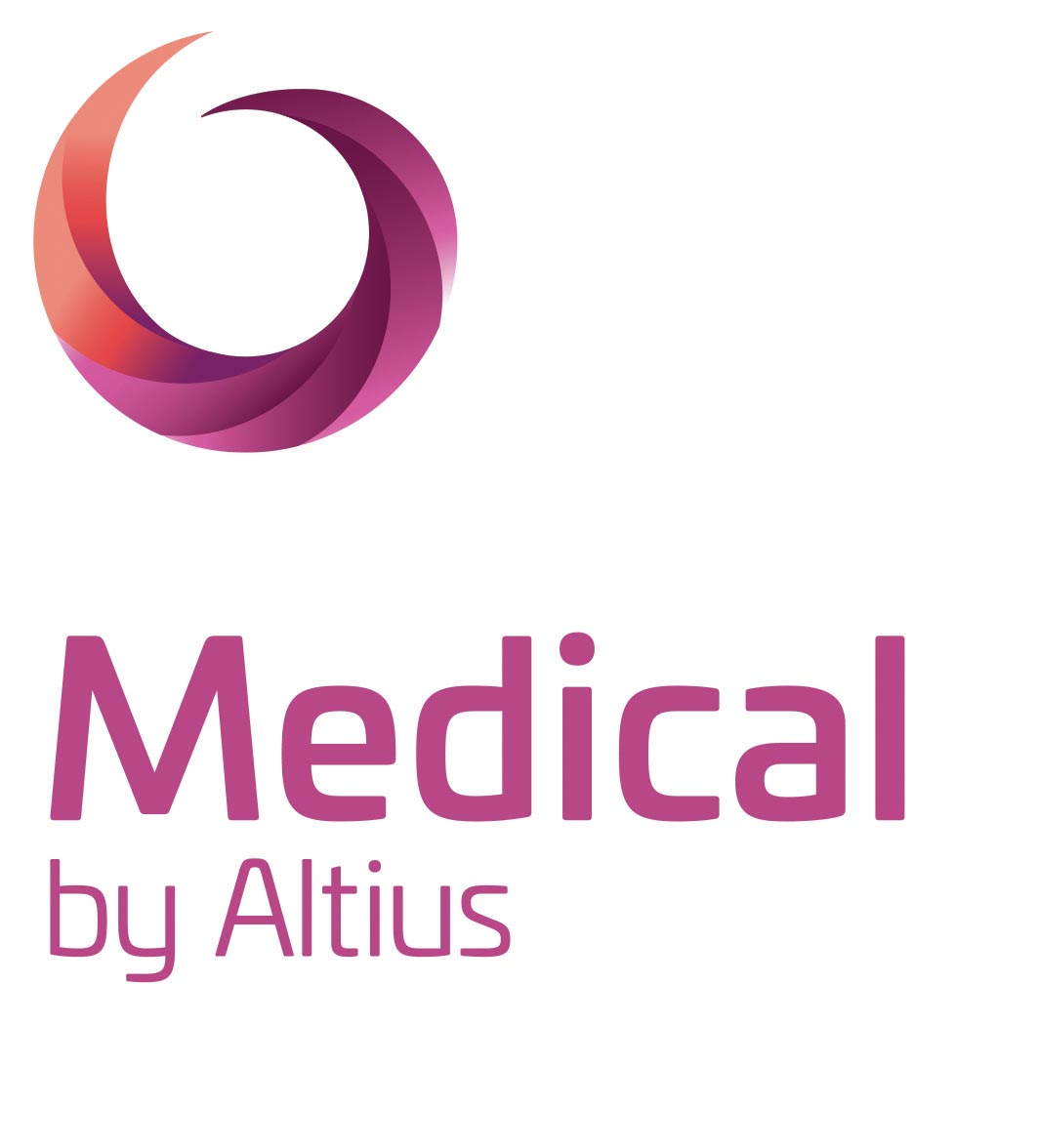
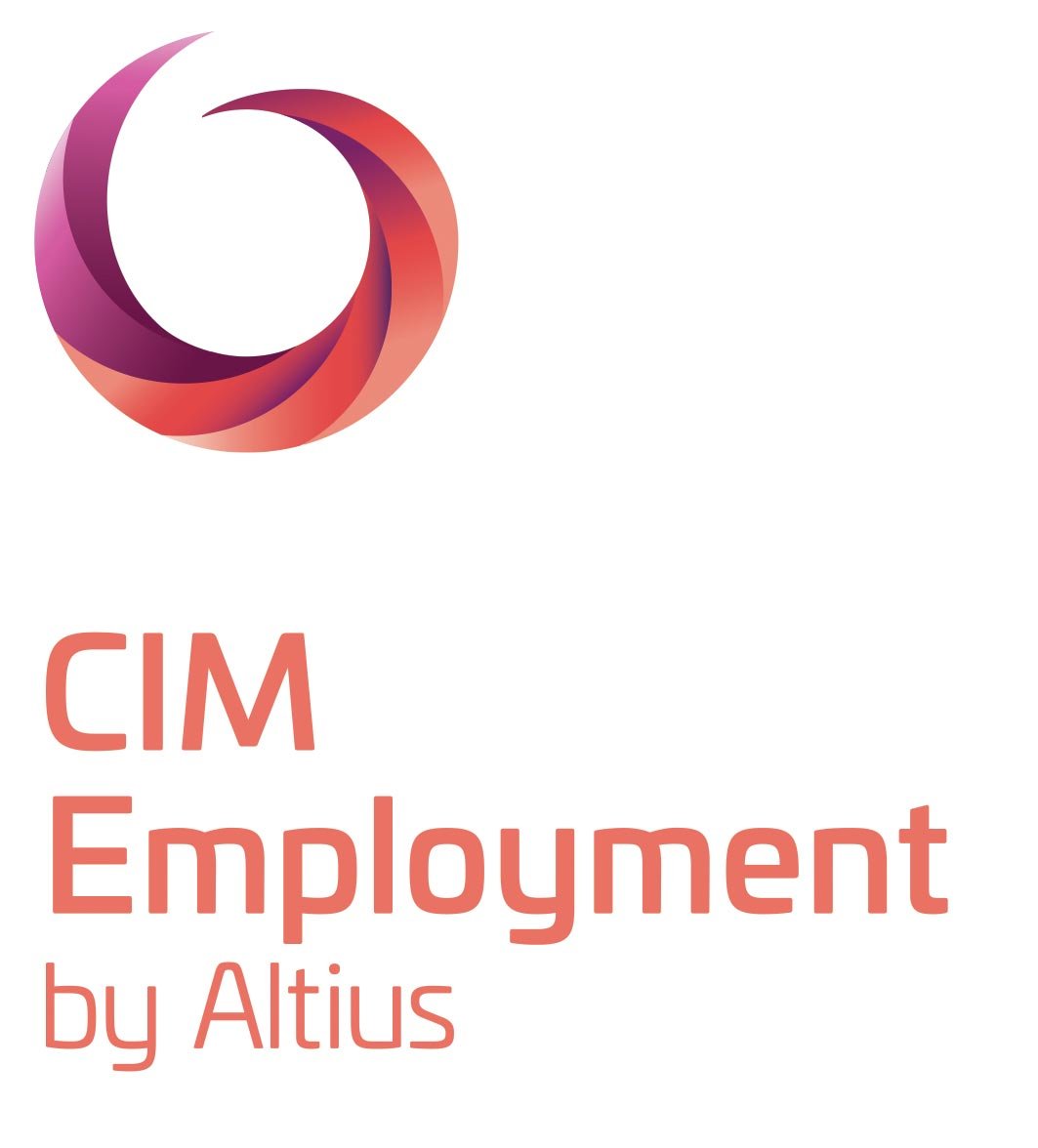


 Contact Us
Contact Us 1800 258 487
1800 258 487